Find Your Center
Jan 10, 2024
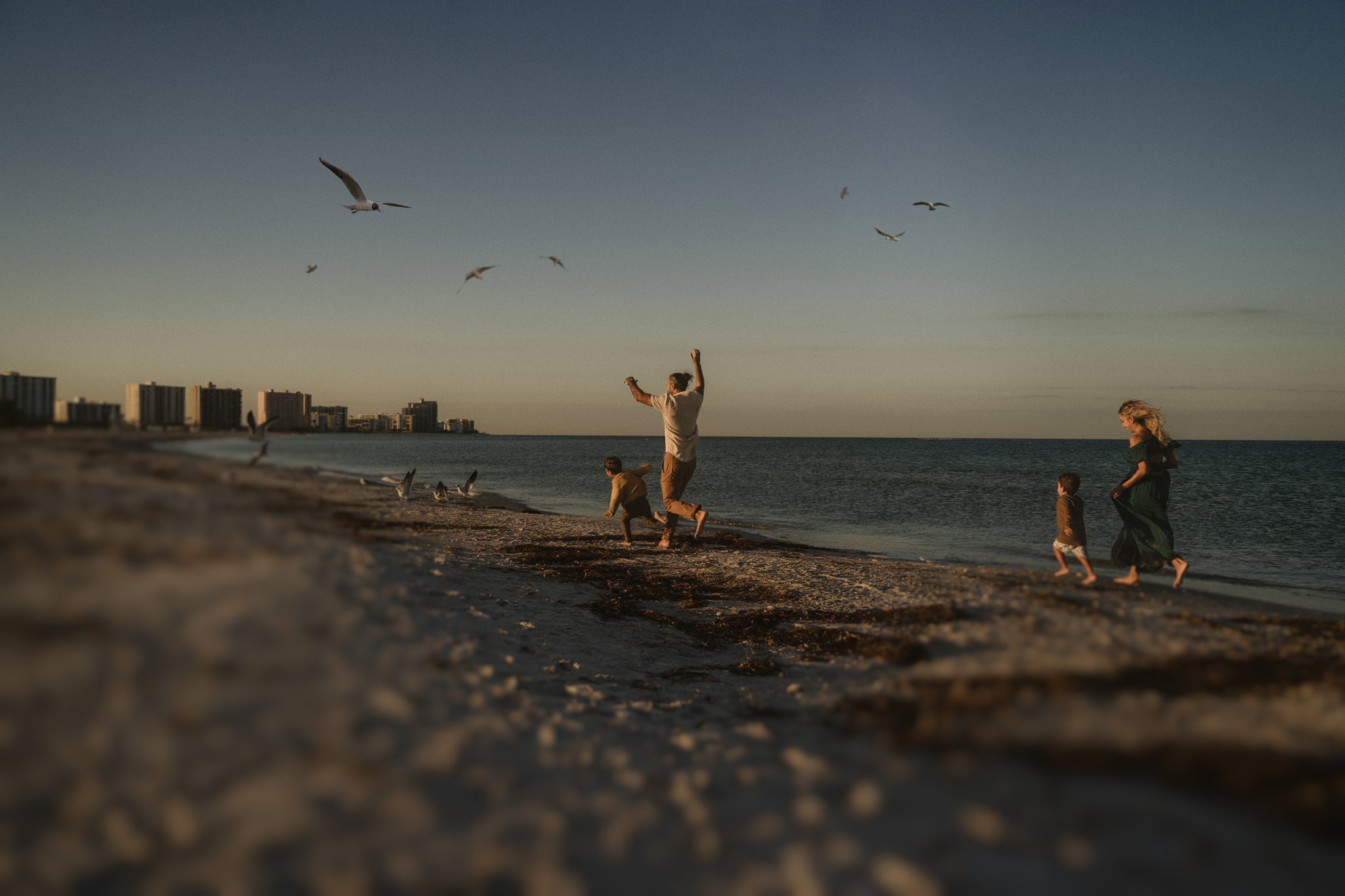
A look at how we hinder our own art.
Are you tired of feeling stuck in your artistic endeavors? As photographers, we all face moments of stress and tension that can hinder our creative process. It’s that overwhelming feeling that hits right before a session, when the weight of remembering poses and techniques becomes too much to bear.
As a fellow creative, I can certainly relate to the anxiety and pressure that comes with the territory. In fact, I’ve found that this stress often leads to a mental block, hindering my ability to perform at my best and leaving me in a state of distress. But what if I told you there’s a way to free your mind and embrace the journey of creation, rather than obsessing over perfection?
It’s crucial to remember that while preparation is essential, over-preparation is counterproductive. It’s similar to overthinking. When we spend too much time contemplating our actions, we create a mental fog that blurs our creative vision. Through these insights, I’ll share how letting go of the need for perfection can unlock your true artistic potential.
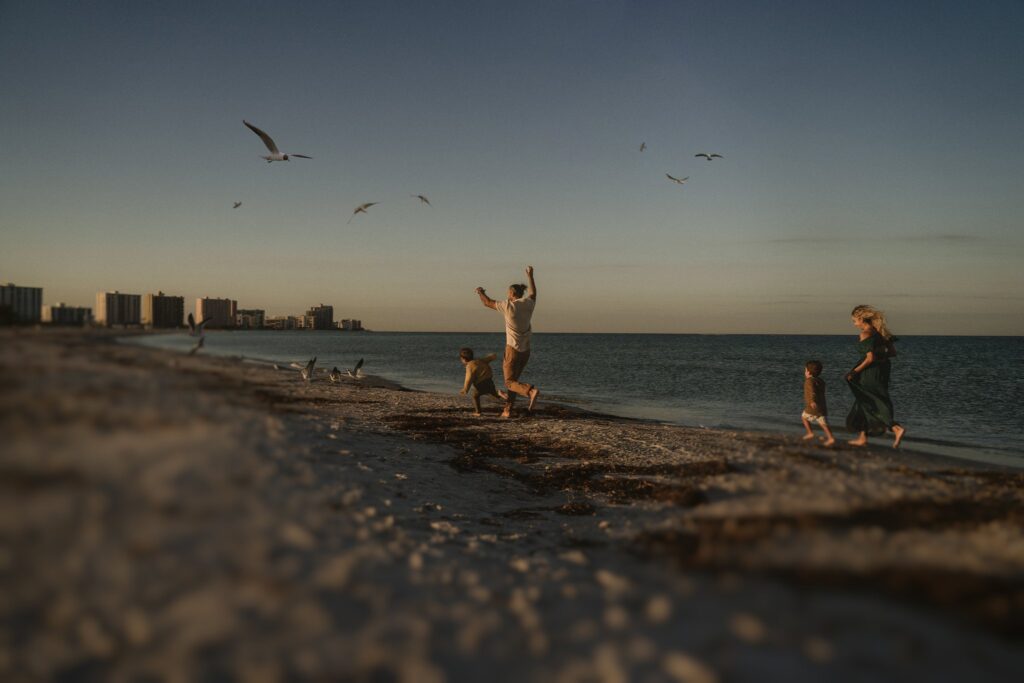
The Perils of Over-Preperation
In a world where we’re constantly chasing flawless results, it’s crucial to understand that every artistic session serves a purpose, even if the outcomes aren’t exceptional. By taking a deep breath, finding your center, and allowing the creative process to flow naturally, you’ll witness your art soar to new heights.
It’s important to recognize that there can be perils in the pursuit of perfection. One such peril is the trap of over-preparation. It’s easy to get caught up in meticulously planning and organizing every aspect of our artistic endeavors, believing that this level of preparation will guarantee success.
Although preparation and organization are certainly important, there is a point where we can become consumed by the process. We become so focused on perfecting the details that we lose sight of the bigger picture. Over-preparation can lead to a lack of spontaneity and creativity, stifling the very essence of what makes art impactful.
It’s important to find a balance and leave room for creative exploration. Sometimes, the most beautiful and meaningful art arises from unexpected and unplanned moments. By loosening our grip on the need for complete control, we open ourselves up to new possibilities and allow our art to evolve naturally.
Instead of obsessing over every minute detail and pose, we can find freedom in embracing imperfection. Art is not about reaching a specific end point but rather about the journey and the process itself. By relinquishing our need for perfection, we give ourselves permission to experiment, learn, and grow as artists.
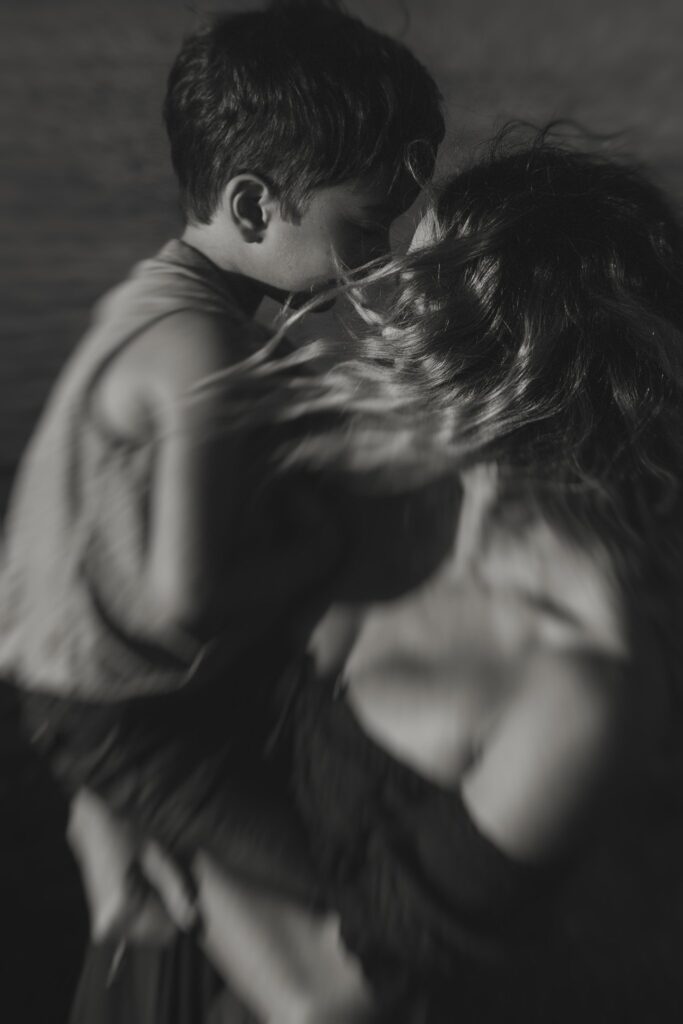
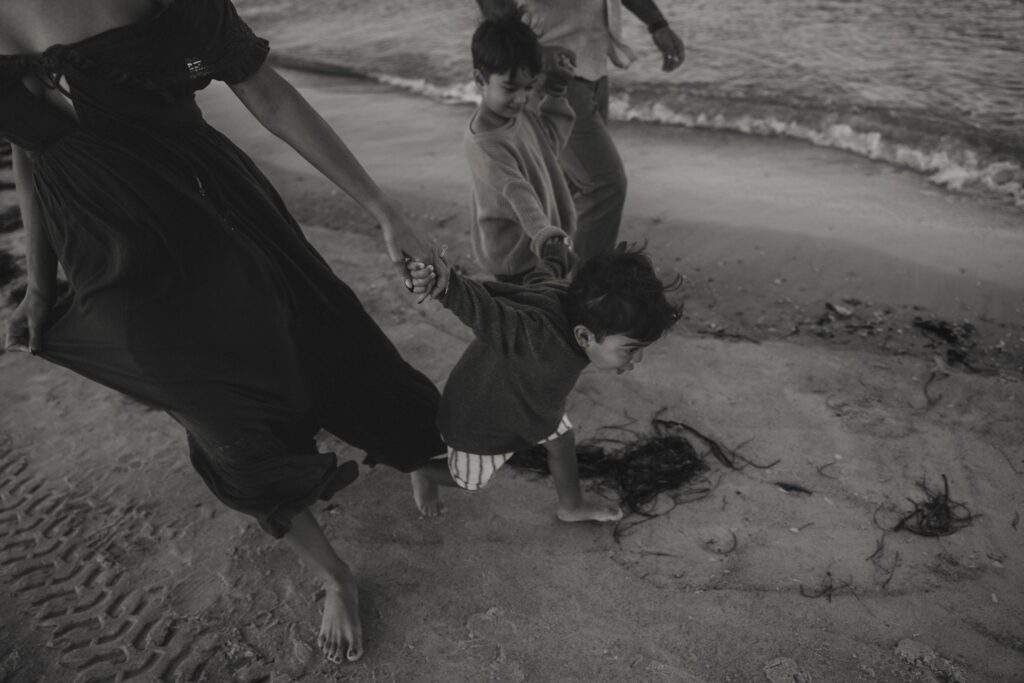
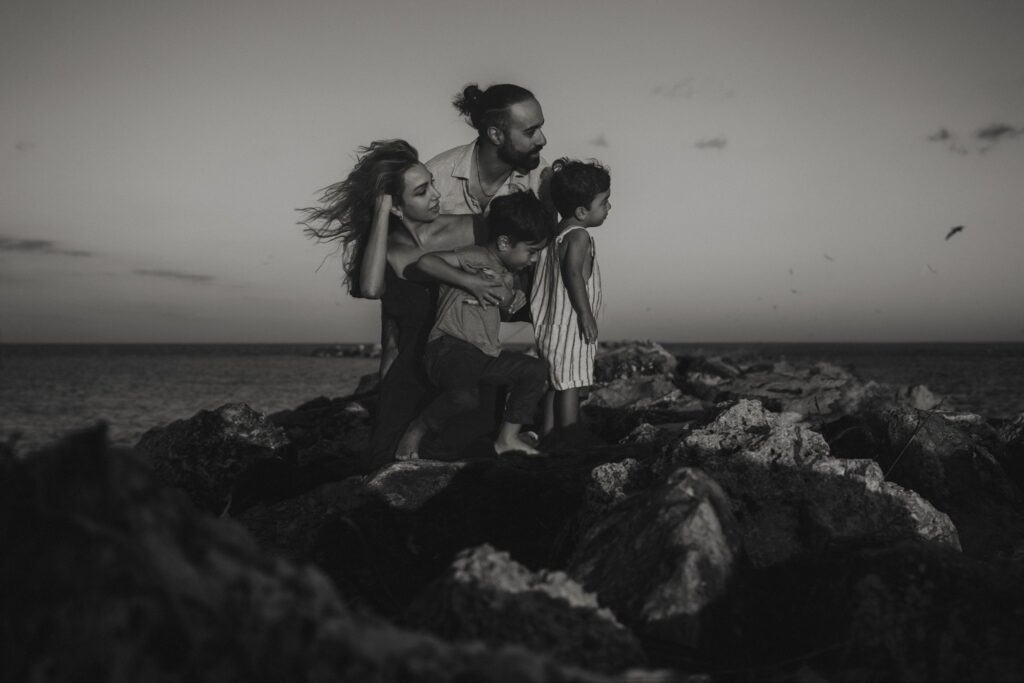
Overthinking
One of the biggest obstacles we face as artists is overthinking the situation. We often find ourselves caught in a cycle of analyzing every pose, doubting our abilities to read and find the light in just the right way, and fearing failure. We become so consumed with the desire for perfection that it becomes difficult to take any action at all. Instead of embracing the inherent messiness of creativity, we get stuck in a loop of self-doubt and indecision.
The truth is, overthinking stifles our creativity. It keeps us from fully exploring and expressing ourselves because we’re too busy second-guessing every click of our camera, every pose, or every minute we’re not completely engaged with our clients. We become so fixated on the perfection that we lose sight of the bigger picture—the joy of the creative process itself.

Find freedom in embracing imperfection. Harsh light? Shadows? Embrace it and create art with it! By relinquishing our need for perfection, we give ourselves permission to experiment, learn, and grow as artists. The imperfections that arise along the way aren’t there to make us fail, but opportunities for discovery and growth.
Don’t get me wrong, it’s essential to be prepared and organized for our sessions – we are professionals, just be mindful of over-preparation. There is a fine line between being prepared and overthinking, between structure and stifling spontaneity. Approach your work with a sense of playfulness and curiosity, rather than with the weight of perfection on our shoulders.
So, let’s release ourselves from the shackles of excessive over-planning and savor the joyful uncertainty that comes with creating from the heart. Step back and give our minds and clients the space to breathe and think freely, without constraints. This allows for organic, fresh ideas to come forth. Instead of obsessing over creating a masterpiece, focus on the process of creation that’s unfolding right before you. The magic often lies in the journey.
By accepting that our art doesn’t need to be flawless, we open ourselves up to new possibilities and ideas that would otherwise remain untapped. Embracing imperfection also helps us connect with our clients on a deeper level. Through our vulnerability and authenticity, we invite others to join us on our artistic journey. We show them that their session isn’t about achieving perfection, but about the human experience and the emotions it evokes. When we embrace imperfection, we create art that resonates with others, sparking conversations and building connections that transcend boundaries.
Granting Yourself Grace
Embracing imperfection also allows us to grant ourselves grace, which is an essential concept in nurturing our art. Granting ourselves grace means giving ourselves permission to make mistakes, to stumble and fall, and to learn from those experiences without judgment or self-criticism. It means releasing the pressure of constantly striving for perfection and instead allowing ourselves the space to explore, experiment, and grow.
In the world of art, whether it be photography, or any other creative pursuit, we often find ourselves held back by our own self-imposed expectations and high standards. We become our own harshest critics, constantly berating ourselves for not living up to the unrealistic standards we’ve set. This self-flagellation can be detrimental to our artistic growth, stifling our creativity and causing us to doubt our abilities.
Granting ourselves grace is a radical act of self-compassion. It is the recognition that making mistakes and embracing imperfections are not signs of failure, but rather vital components of the artistic process. It is through these missteps and imperfections that we learn, grow, and ultimately create something truly unique and authentic.
Give yourself permission to take risks and step outside of your comfort zones. Allow yourself to experiment with new techniques, styles, and ideas without the fear of judgment or failure. This openness and willingness to explore the unknown can lead to groundbreaking discoveries and artistic breakthroughs.
Granting ourselves grace also helps cultivate a positive mindset and fosters a healthy relationship with our work. Instead of dwelling on our shortcomings or comparing ourselves to others, we learn to appreciate our own artistic journey and progress. We become kinder and more compassionate towards ourselves, celebrating our successes and acknowledging our growth.
We are not machines, but human beings with fluctuating energies and changing moods. Not every session will be highly productive or yield fantastic results. And that’s okay. The key is to prepare enough, not over-prepare; think enough, not over-think, and create freely without self-imposed pressure.
Find your center, let go of the burdensome pursuit of perfection, and allow your creativity to thrive. Your art is a reflection of your unique perspective, and by embracing that, you have the power to inspire and amaze.
So take a deep breath, find your center, and watch your art soar to new heights. It’s up to you.

This is such a beautiful and important post. I love the perspective you have here.
This is so insightful and helpful. I am definitely bookmarking this!!
I love this way of thinking! Sometimes, I really have to remind myself of some of these points. Thank you for your insight 🙂